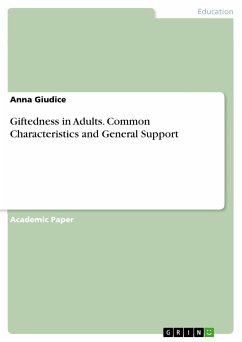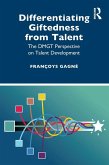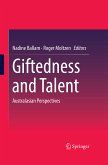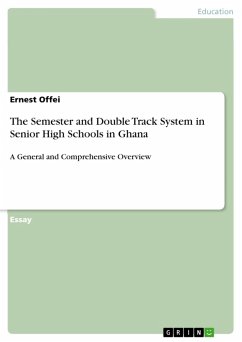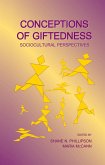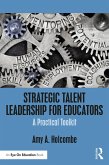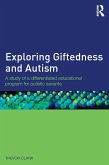Academic Paper from the year 2023 in the subject Pedagogy - Miscellaneous Topics, grade: 10, Lesley University, language: English, abstract: Gifted individuals are expected to live life with greater emotional and intellectual intensity, revealing an increase in intellectual, emotional, sensory, creative, and psychomotor functioning compared to the norm. However, recent research has shown that most gifted individuals have common personality traits and profiles, especially regarding emotional intensity. One key aspect of giftedness is overexcitability, a term first introduced by Dabrowski in the Theory of Positive Disintegration. This concept suggests that gifted individuals, while unique and inspiring, also face significant qualitative differences compared to their non-gifted counterparts. These differences are often seen in their sensitivity, idealism, intensity, perceptivity, and asynchrony. Other aspects of giftedness include open-mindedness, psychological complexity, reflection, introversion, moral concern, and perfectionism. These factors are typically categorized as neuroticism, extraversion, openness to experience, agreeableness, and conscientiousness, each defined by a series of more specific traits or facets. Although researchers primarily recognize experiential differences, they have conflicting views on identifying subjects and measuring talent. Talent has historically been defined as a characteristic found in only 1% of the population. However, the definition has since expanded to include character traits, specific cognitive abilities, task commitment, creativity, leadership potential, and achievement motivation. There are differences in how giftedness is conceptualized, including what external norms to rely on, what giftedness looks like in practice, what theoretical or conceptual perspectives to consider, and what measures to use in research. Gifted individuals are often assumed to be socially well-adjusted and successful, with good mental balance, resilience, and an overall higher level of well-being. However, these assumptions and the misperception that life is easier for gifted individuals can lead to increased internal pressure and exhaustion without external support. When gifted individuals find themselves in uncomfortable situations due to their differences, they may mask their difficulties and are perceived in a distorted, and in most cases negative, way.
Dieser Download kann aus rechtlichen Gründen nur mit Rechnungsadresse in A, B, BG, CY, CZ, D, DK, EW, E, FIN, F, GR, HR, H, IRL, I, LT, L, LR, M, NL, PL, P, R, S, SLO, SK ausgeliefert werden.

